Operation Sindoor and beyond: India’s retaliation and the regional costs of Pakistan’s proxy warfare
India has launched precision airstrikes on Pakistan and Pakistan-administered Kashmir on May 7, 2025, in retaliation for the deadly Pahalgam terror attack on April 22, which claimed the lives of 26 civilians, mostly Hindu tourists. The attack was claimed by The Resistance Front (TRF), an offshoot of the Pakistan-based militant group Lashkar-e-Taiba. In a statement, India emphasized that the strikes, conducted under “Operation Sindoor”, exclusively targeted terror infrastructure at nine locations identified as militant hubs. The strikes, carried out in the early hours of May 7, aimed to send a clear message that India will not tolerate acts of terrorism and that there will be tangible costs for Pakistan’s continued sponsorship of cross-border terrorism.
The Indian government described the strikes as “measured” and “non-escalatory”, underscoring that only terror-related sites were hit. Prime Minister Modi, while addressing a rally in Bihar, had declared that India would pursue terrorists to the ends of the earth. With these strikes, India has signaled its firm resolve to retaliate decisively against terrorism emanating from Pakistani soil. The strikes have sharply escalated tensions between the two nuclear-armed nations, with both sides suspending diplomatic and trade ties. International leaders, including the UN Secretary General and US officials, have called for restraint and urged both countries to seek a peaceful resolution to prevent further escalation.
Pakistan has denied any involvement in the Pahalgam attack, claiming that the incident was caused by internal issues in India. Former Pakistani cricketer Shahid Afridi’s inflammatory comments, alleging that the attack was staged by India to discredit Pakistan, appear to echo narratives often associated with the Pakistani military establishment and have sparked outrage in India. Analysts note that such statements by public figures reflect complex domestic dynamics, where alignment with official positions can intersect with personal or professional considerations. Beyond the immediate tragedy, the Pahalgam incident has renewed debate about proxy warfare, disinformation operations, and the enduring influence of terrorist networks that complicate India’s governance efforts in Jammu and Kashmir and undermine prospects for regional peace.
A history of cross-border interference
The accusations surrounding the Pahalgam attack also resonate with a broader pattern of Pakistan’s involvement in regional conflicts, where allegations of cross-border interference and support for terror groups have surfaced repeatedly over decades. In December 2024, Pakistani airstrikes in Afghanistan’s Paktika province resulted in the deaths of at least 46 civilians, including women and children, according to Afghan sources. While Pakistan stated that the strikes targeted terrorist infrastructure, the incident deepened tensions between the two nations. Historically, Pakistan’s involvement in regional conflicts has been significant. During the 1980s and 1990s, Pakistan — with support from the United States’ Central Intelligence Agency — provided training and logistical assistance to Afghan mujahideen groups, some of which later evolved into the Taliban. This complex history continues to shape Afghanistan-Pakistan relations, with many Afghans expressing deep resentment over what they perceive as decades of interference and manipulation.
While Pakistan’s leadership frequently highlights its Islamic identity, many experts believe that the growing influence of extremist ideologies has undermined its societal cohesion. Studies show that, in some cases, madrassas and selective educational content have fostered anti-India sentiments, entrenching divisive narratives from an early age. While such strategies may have served short-term geopolitical objectives, particularly concerning India and Afghanistan, their long-term consequences have been detrimental to Pakistan itself. The rise of militant groups like Tehrik-i-Taliban Pakistan (TTP), which now targets the Pakistani state itself, highlights how these policies have backfired, inflicting more damage on Pakistani society than on external rivals.
Pakistan’s complicated global standing
Pakistan’s complex relationship with global terrorism continues to influence world perceptions of its actions. The discovery and killing of Osama bin Laden by US special forces in Abbottabad in 2011—near Pakistan’s premier military academy—raised serious questions about possible complicity within segments of the Pakistani establishment, although Islamabad denied prior knowledge of his presence. Terror groups such as Hizbul Mujahideen, based in Muzaffarabad, Pakistan-occupied Kashmir, and training centers apparently operating in Punjab and Khyber Pakhtunkhwa, highlight New Delhi’s long-standing concerns about Pakistan’s role in harboring extremist entities. Figures such as Hafiz Saeed, the founder of Lashkar-e-Taiba and a global terrorist recognized by the United Nations, have maintained visibility, amplifying anti-India rhetoric and reinforcing apprehensions regarding Pakistan’s commitment to counterterrorism.
Following the Pahalgam attack, Pakistani leadership accused India of orchestrating the attack to destabilize the region. However, New Delhi has constantly prioritized peacebuilding, development, and infrastructural improvements in Jammu and Kashmir, as evidenced by holding the 2023 G20 Tourism Working Group meeting in Srinagar to highlight the region’s economic potential. Regional stability remains central to India’s national interests, supporting its objectives of security, economic growth, and regional integration. Pakistan’s recurrent attempts to deflect responsibility through unsubstantiated allegations distract from the pressing need to confront the persistent threats of cross-border terrorism, regional instability, and disinformation campaigns that obstruct peace efforts.
At the same time, Pakistan faces substantial internal challenges, such as economic crises caused by high inflation and dependency on IMF bailouts, as well as ongoing insurgencies in Balochistan and Khyber Pakhtunkhwa. Tensions near the border with Taliban-controlled Afghanistan, combined with continuous political instability, exacerbate the situation. In response, the Pakistani military has occasionally attempted to redirect domestic tensions through cross-border operations. Furthermore, Pakistan’s growing strategic engagement with China, particularly through the China-Pakistan Economic Corridor (CPEC), has prompted concerns about regional stability, particularly in Balochistan, where local opposition to CPEC projects remains strong.
The way forward
Pakistan’s Defense Minister, Khawaja Asif, recently acknowledged the country’s past role in sponsoring terror by advancing Western interests in Afghanistan, reigniting debate about its role in regional security. Asif candidly admitted, “We have been doing this dirty work for the United States for about three decades, and the West, including Britain.” Despite such open admissions, global perceptions largely remain skewed due to Cold War legacies. During that time, Pakistan’s strategic alliance with the West, particularly the United States, resulted in significant military and economic assistance, shaping media narratives that minimized its regional actions and internal dynamics. This legacy persists today, as Western media, still influenced by Cold War dynamics, often underemphasize Pakistan’s ties to extremist groups and adopt a cautious approach in holding it accountable for its role in regional instability.
Furthermore, while there are 57 Muslim-majority countries in the world, the majority in West Asia and Southeast Asia prioritize regional security and prosperity, with religion playing a minor role in foreign policy. Pakistan, however, has historically intertwined religion with its strategic outlook, drawing criticism over its impact on diplomatic relations and perceptions of Islam. While positioning itself as an advocate for Muslim causes, concerns have been raised about its involvement in regional conflicts and the influence of religious narratives on state policy.
In contrast, Gulf countries such as Saudi Arabia are implementing social and economic reforms like Vision 2030, which aims to balance religious legacy with modernization. Similar internal reforms, notably in education, will benefit Pakistan by increasing social cohesiveness, reducing extremism, and strengthening regional stability.
Pakistan’s dependence on proxy warfare and the manipulation of religious narratives for geopolitical advantage has resulted in significant long-term liabilities. While these policies may have resulted in short-term strategic victories, they have also exacerbated regional instability, undermined Pakistan’s internal social fabric, and degraded Islam’s global image.
Entanglements in neighboring conflicts, continued support for terrorist groups, and disinformation operations have exacerbated Pakistan’s problems, impeding long-term peace and development in South Asia. The latest airstrikes as part of Operation Sindoor underscore the mounting tangible costs of Pakistan’s misadventures against India. It is in Pakistan’s long-term interests to combat radicalism, not only for its own sake, but also for regional peace.
Pakistan’s long-term interest is to prioritize substantial internal reforms in education, governance, and counter-extremism. Strengthening democratic institutions by correcting civil-military relationships and promoting social cohesion can help to decrease radicalization, reinforce national unity, and boost Pakistan’s international credibility. The international community, particularly Muslim-majority countries, through constructive engagement, should encourage and help Pakistan in transitioning away from disruptive strategies and toward policies based on peace, stability, and inclusive development, which will benefit both Pakistan and the larger South Asian region.
Please follow Blitz on Google News Channel
Idrees Aftab is a freelance researcher focusing on foreign policy and security issues in the South Asian region.
operation-sindoor-and-beyond-indias-retaliation-and-the-regional-costs-of-pakistans-proxy-warfare



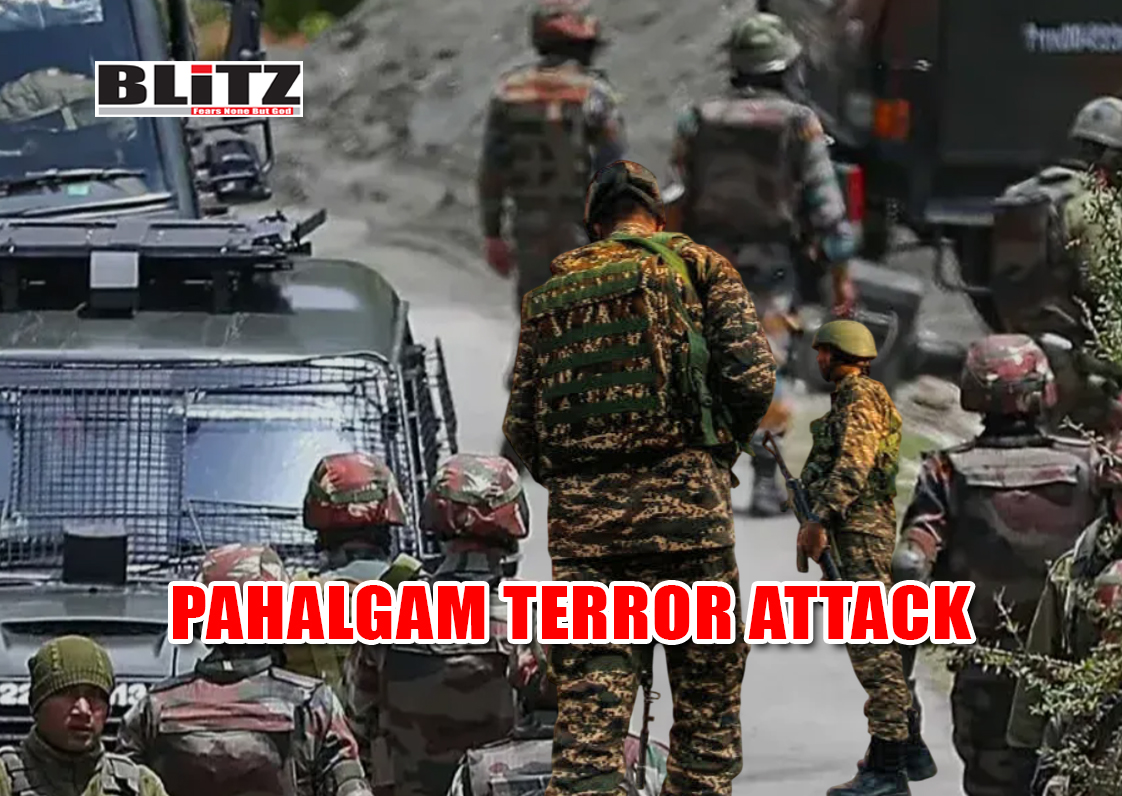
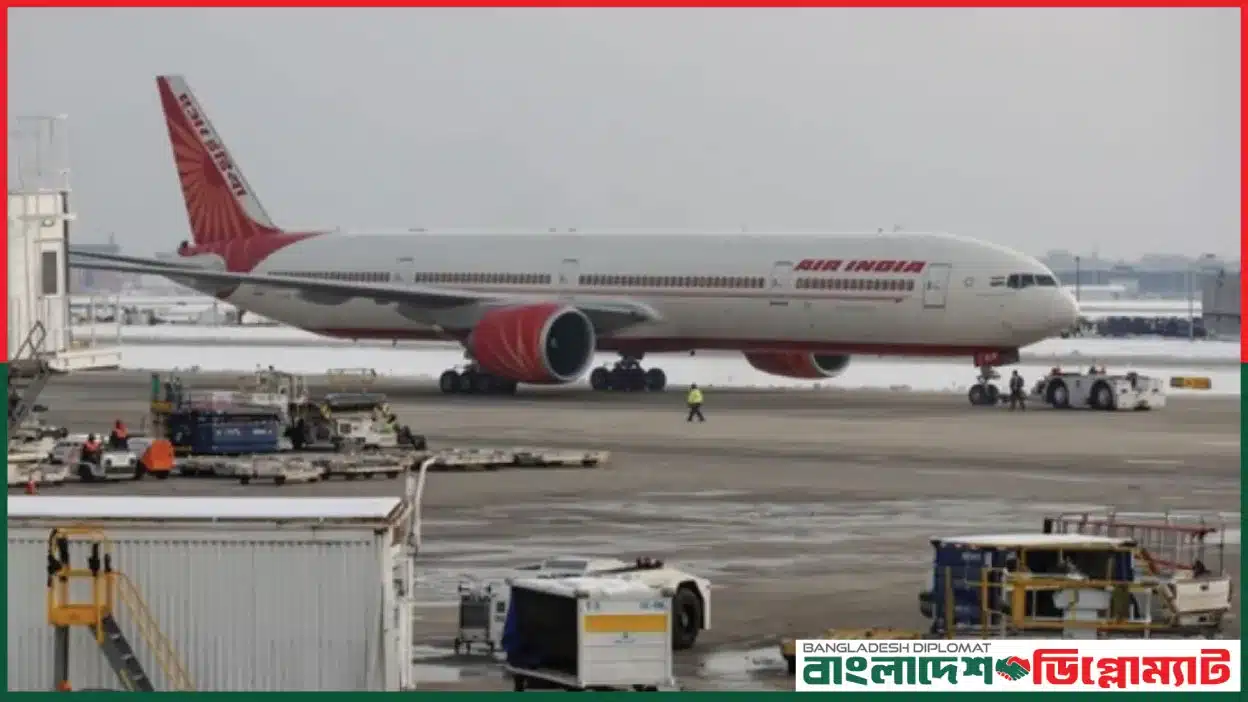
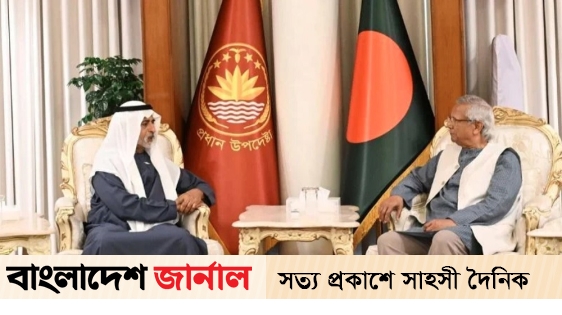


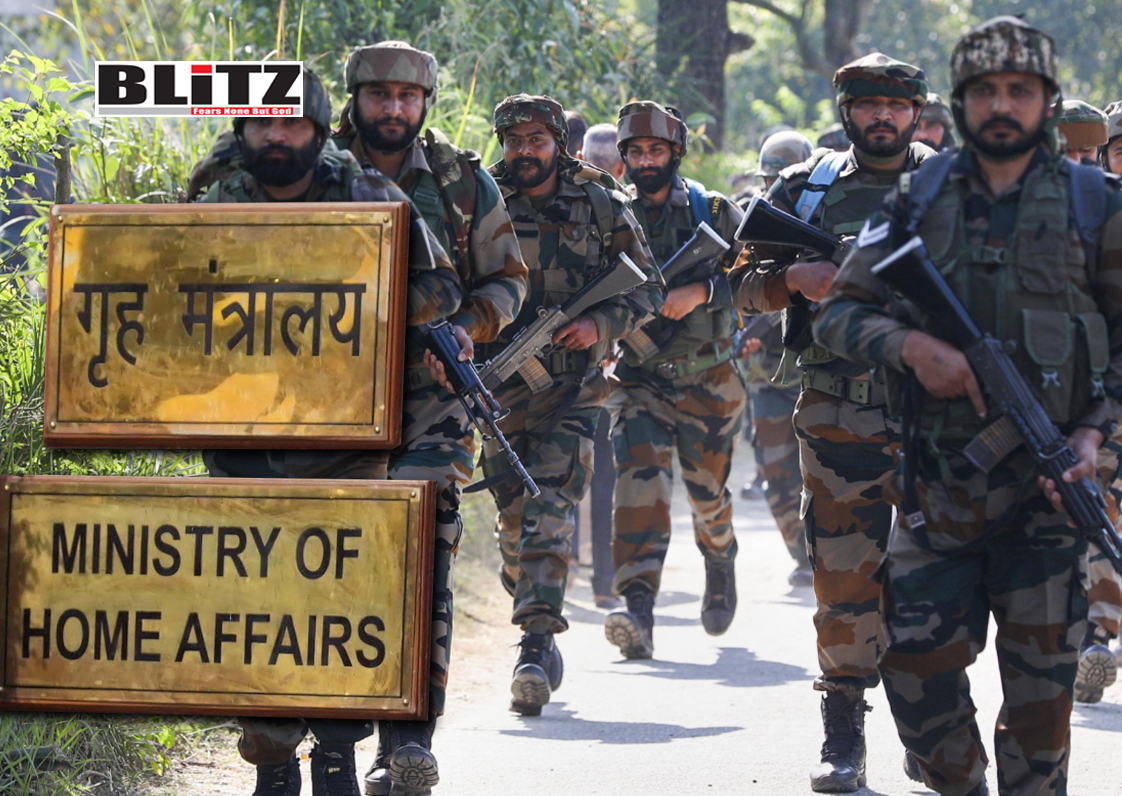
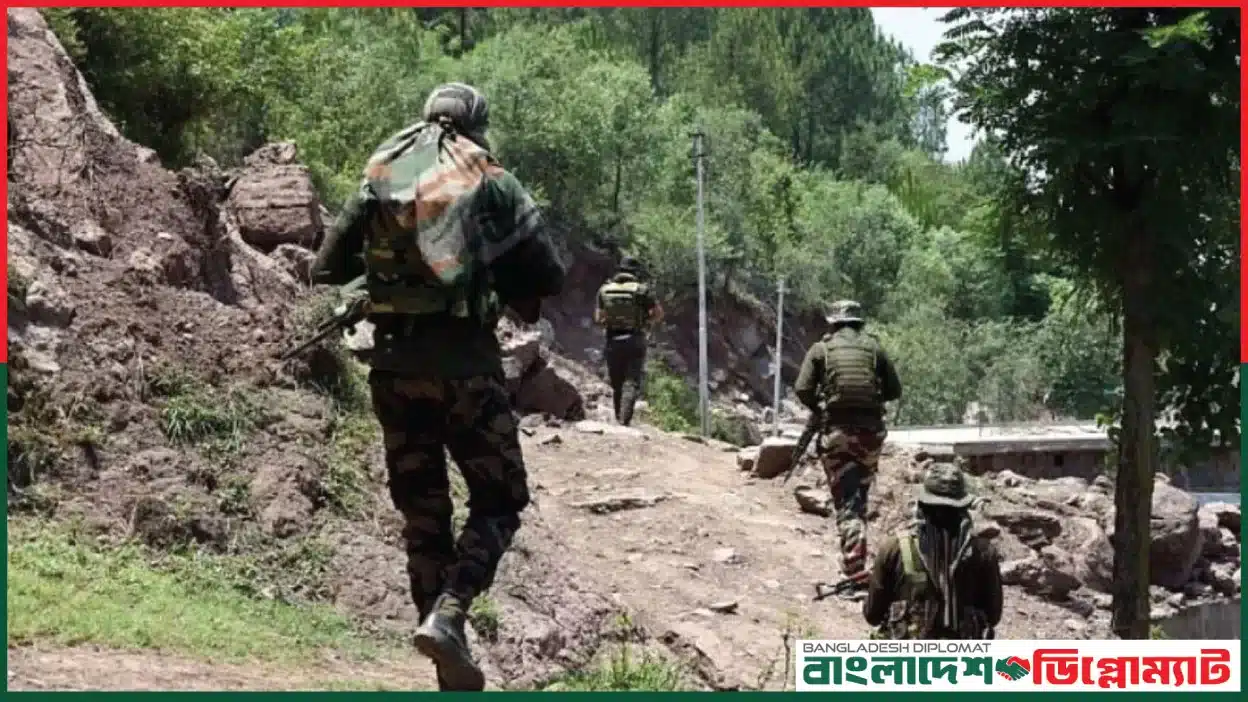



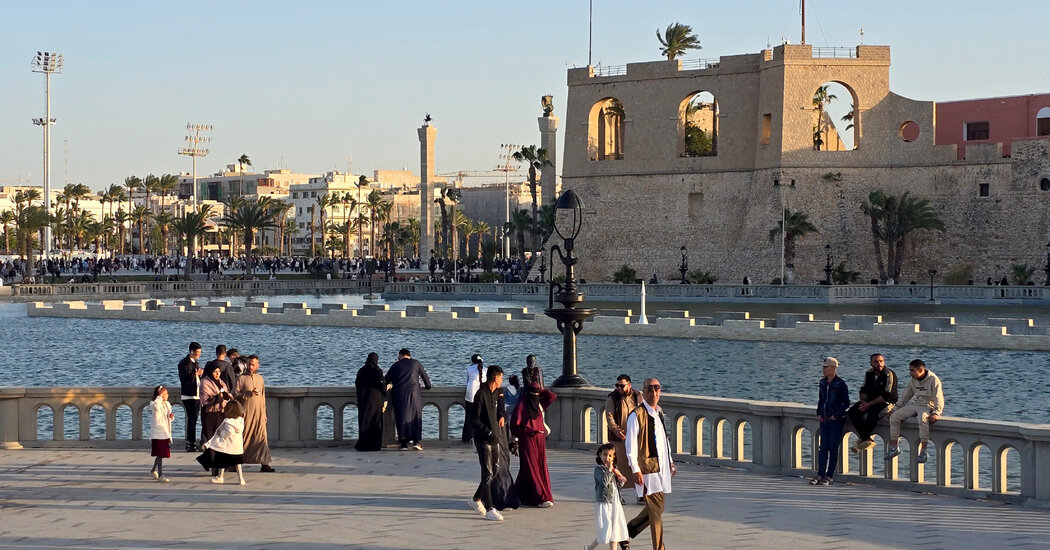

Leave a Reply